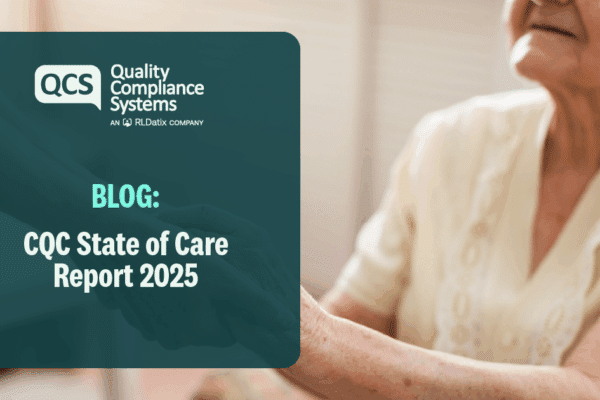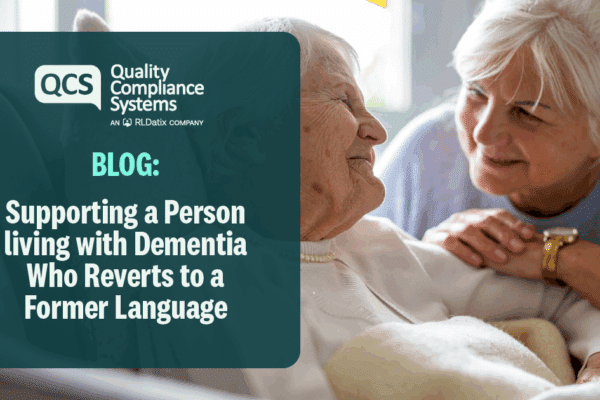This is my second blog about the Ombudsman’s report, which is called ‘The Right to Decide: towards a greater understanding of mental capacity and deprivation of liberty’. You can find a link to the report at:
The report highlights some common errors the Local Government and Social Care Ombudsman found as a result of complaints: we can all learn from the poor practice that was uncovered, and this short report is well worth reading. Many of these errors were made by social workers, but care providers also should be alert for their own staff, or other professionals, making lazy assumptions about someone, or making decisions without proper consideration of what the person wanted.
My last blog discussed the terrible consequences of a care provider failing to recognise that someone who was refusing care and medication lacked capacity for these decisions: she ended up seriously ill in hospital, and this could have been, indeed, should have been, avoided.
This time, as promised, we’ll look at how best interests must be worked out, including using the deprivation of liberty safeguards (DoLS) properly.
Best interests: a way to make decisions
The MCA lays out a statutory checklist of matters to be considered: you’ll find this, with a useful discussion of how to use it, in the MCA code of practice, chapter 5.
But we have to add to this the advice we’re getting from judges in the Court of Protection, that we should try our best to find the decision that chimes best with the person’s wishes, even when they do lack capacity to make this decision.
Separating husband and wife
This does crop up far too often; there are two cases discussed in this one report. In one of them, Jaya complained to the Ombudsman that her husband, Mohan, was moved to a care home against his wishes and those of his family. The home chosen by the council was so far away that it was a really difficult journey for Jaya to visit him, needing two buses each way. The investigation found that the council had not assessed Mohan’s capacity before moving him, and there had been no best interests process, meaning that neither Mohan nor his relatives were consulted about where he should live.
Failing to ask for a DoLS authorisation
It is the responsibility of the provider to set the ball rolling, when they think someone is deprived of their liberty, by applying for a DoLS authorisation. It isn’t just a bureaucratic process: by failing to do this, the provider prevented either Mohan or his family exercising their rights. Remember that a DoLS application would have enabled them to:
- Get the placement reviewed by independent DoLS assessors
- With the support of an Independent Mental Capacity Advocate (IMCA), ask the council to review the authorisation, then, if they were still unhappy
- Go to the Court of Protection and ask a judge to decide about Mohan’s best interests
We need to do all we can to promote people’s rights to get their situation reviewed.





